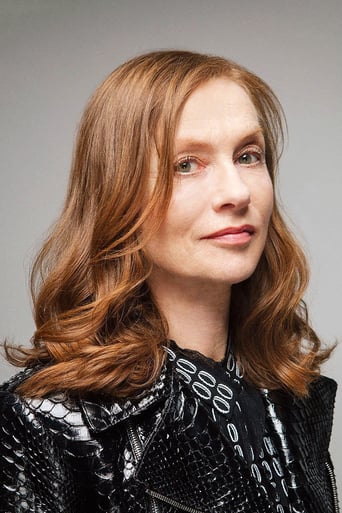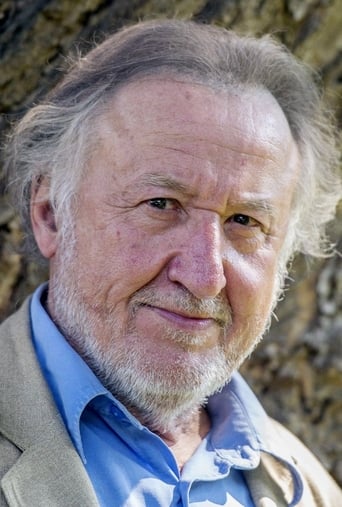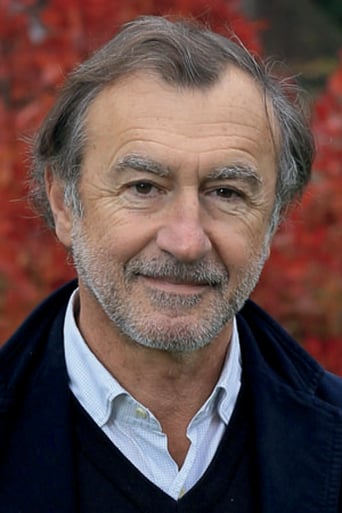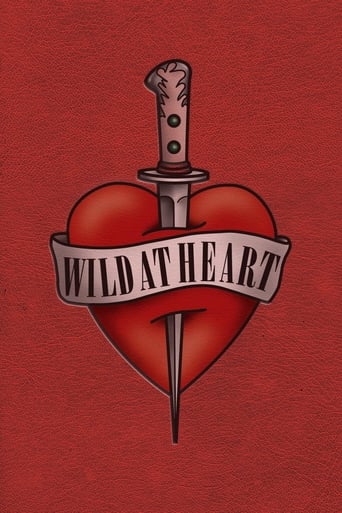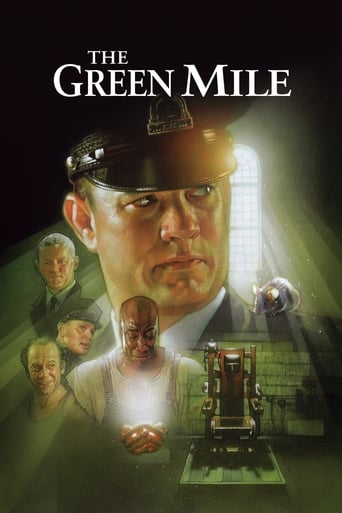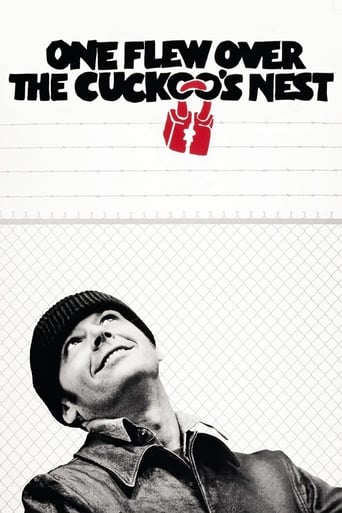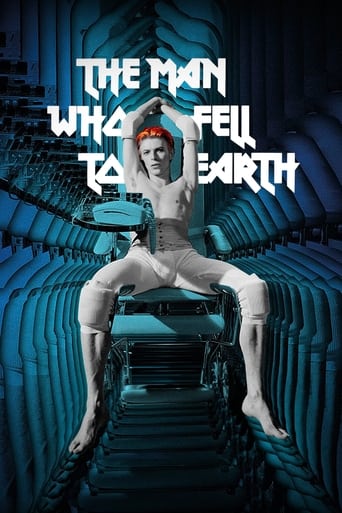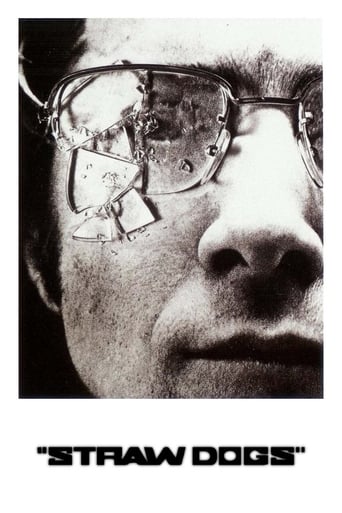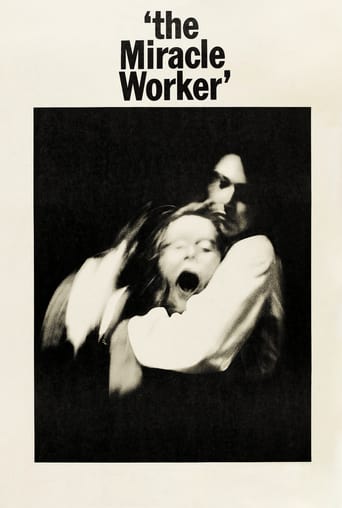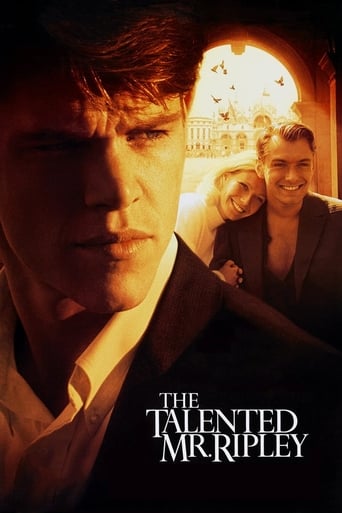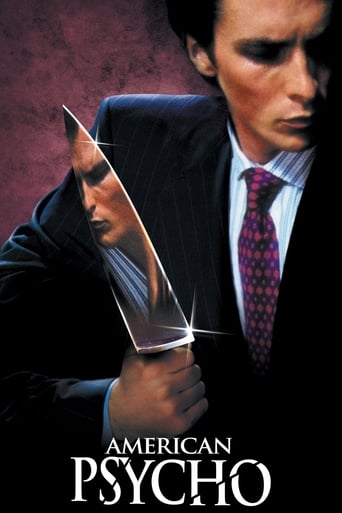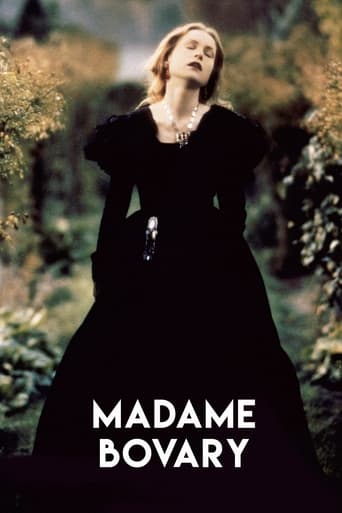
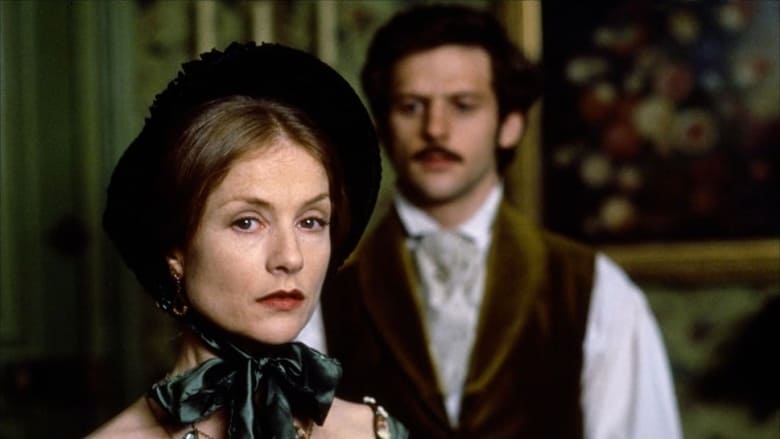
Madame Bovary (1991)
Bored with the limited and tedious nature of provincial life in 19th-century France, the fierce and sensual Emma Bovary finds herself in calamitous debt and pursues scandalous sexual liaisons with absolute abandon. However, when her volatile lifestyle catches up to her, the lives of everyone around her are endangered.
Watch Trailer
Cast


Similar titles
Reviews
In nineteenth-century France, the romantic daughter of a country squire (Emma Rouault) marries a dull country doctor (Charles Bovary). To escape boredom, she throws herself into love affairs with a suave local landowner (Rodolphe Boulanger) and a law student (Leon Dupuis), and runs up ruinous debts. This film version closely follows Flaubert's novel and includes most of the famous scenes, such as the wedding, the ball, the agricultural fair, the operation on the clubfoot, and the opera in Rouen."Madame Bovary" was nominated for the Golden Globe Award for Best Foreign Language Film as well as for the Academy Award for Costume Design. It was also entered into the 17th Moscow International Film Festival where Isabelle Huppert won the award for Best Actress. As she should.As with any great work of literature, this story has been adapted again and again. But I might have to say this is the definitive version, almost epic in its length and breadth, and a solid attempt to stay true to the novel. Typically I favor earlier in carnations, and by 1991 there were many... but this now is the one any future version must be measured against.
not great, not bad but interesting. a correct film without the emotions of novel. a film in which lead actor is atmosphere. but it is not always credible. sure, after reading the book, it is easy to criticize. but the problem is the difficulty to create desire to discover Flaubert masterpiece. it is a sad story but it has so many sparkles of emotions, joy and hope. or the impression is to admire a funeral mask. Chabrol good intentions are obvious but it is not enough. Huppert does a wry role and the film seems be only a theater play. Madame Bovary is a cold shadow, ice statue, hologram. it is a beautiful, yet. but its beauty is more result of memories about novel. an adaptation. not great, not bad, correct but not convincing.
Madame Bovary is one of those period pieces one can only really describe as "competant" when one is offering their most glowing of assessments, a film with a sense of the grandiose and extravagant but somehow managing to feel restrained and stiff; a film with the feeling that there is something inherently important at the centre of it all, without there actually being anything too drastic to actually get wound up about. The piece, somewhat needlessly narrated throughout, is a sturdy but patchy French period drama; a film about reasonably unlikeable characters in a time rich in both extravagance and high-culture dressing profligately and feeling sorry for themselves; unlikeable characters having affairs and rather a bit of sex on top of living rich, dainty lives. Few of the performers in the film seem all that interested, and the film is stiltedly directed; one character worth their weight is that of an aide to a predominantly featured doctor – a bubbly, enthusiastic presence and the only individual with a bit of life about them. The rest of it, a piece made by that of Claude Chabrol and adapted from a certain Gustave Flaubert novel, just about lives up to its historical eminence and the weighty directorial name who's behind it, in what is an engaging enough, although-often-unsure-of-itself drama with pretensions to be a mental health awareness piece generally uneasily gluing together.The film follows Isabelle Huppert's Emma, a young French girl initially living alone in the 19th Century with her father on his farm and under some rather basic conditions. Through a great deal of physical pain and bother that one man must suffer through comes the catalyst which eventually leads to further great amounts of pain and bother - this time of a psychological sort and shouldering itself with a woman. The man in initial pain is Emma's father, who badly injures himself whilst drunk and is forced into being bed-ridden on account of a broken leg as a very specific doctor comes to visit and offer assessment. We sense Emma is frustrated at living with such a man, her father; his lying there on the bed as the doctor, Charles Bovary (Balmer), tends to him we sense is the father at the most static he has been in quite a while. Emma appears interested in Bovary, their exchange of glances and the manner in which she sucks a wound derived from sewing is highly suggestive of a desire, at least on her behalf, of perhaps furthering something.In spite of his careful and highly astute nature in both his demeanour and profession, something which clashes with her farm-hand lifestyle and alluded-to rebellious streak of times gone by when she once toyed with the realities of her health at a convent, they hook up. As the title would suggest, something does indeed spawn out of this chance encounter; Emma becoming the titular Madame Bovary in marrying Charles, himself a widower and easy-going guy, before moving in with him and his practise in a far-off town. What transpires from here appears to be a film trying to tackle the nihilist realities of life; a drama covering the exploits of a woman whom disliked the nature of what her life was from the stage of being a juvenile to that of a young adult before reaching the conclusion that her life, or polarised existence, is just as crummy in amidst the operas; grand balls and social interaction with 19th Century northern France's elite.There just isn't pleasing some people - or is there? The film alludes to the lead suffering from some sort of illness; some sort of depression, perhaps born with it – perhaps not, perhaps always destined to be unhappy at whatever her surroundings generally consisted of and with whom she lived. Boredom gives way to lust within the echelons of Emma's head, the dancing with an anonymous younger man at one of those fancy private functions, after it's established she is unamused by the nature of the thing, sees her immediately pick up hinting to an unabashed desire to perhaps step out of her marital bubble. Such a characteristic becomes more inherently real when the Bovary's up-camp and move to another town-plus-practise so that Charles may expand his repertoire.With their marriage already on the rocks, Emma meets a cocksure landowner named Rodolphe (Malavoy); a character confirming earlier ponderings on whether Emma would step out of wedlock to sleep with another man. It would appear the two of them enjoy a passionate enough relationship, but a scene in a grassy field underneath a tree in which Rodolphe verbally establishes his desire to tame her sexual lustings he's pretty sure she possess ought to be though processes or minor exchanges established visually, and with some sort of urgent flare rather than have a static character reiterate what his, or her, thoughts are. In spite of veering nearer a pretence that it is to explore the diminishing mental well-being of a woman as well as her ill-advised desires to explore sexual awakenings, the film actually shies away from any brash, confrontative content of that nature; as if willing to mention such adult subject matter but too timid to go the distance and properly depict the character slip away and into this newfound lifestyle (brought about by whatever) of smut and sleaze in a fashion that a film like Polanski's 1992 film Bitter Moon did not fall foul of. Madame Bovary is not a total loss - there are fair degrees of drama and peril to be had out of certain scenes but her tragic, seemingly restrained, inhibition to share her problems or issues with her fellow characters arrives in sync with the film's evident annoyances not to not head down a specific route and depict a woman in a stone-wall state. It is prim and proper whilst professionally put together, but it lacks a cutting dynamic which tells us that we should be caring more than we are.
At first glance, "Madame Bovary" may seem like an atypical project for Claude Chabrol: a costume drama with no murders at all (though there are a couple of deaths, plus an amputation!). But if you look closer, you can see that the meticulous production, the elegant camera work, the morally complex characters, the extramarital affairs, the methodically (and at times excessively) slow pacing, they are all characteristically Chabrolian. This film is not just based on a book, it feels like a book on the screen, with its linear, one-thing-after-the-other structure and the (unidentified) narrator commenting on the action from time to time. The exquisitely beautiful Isabelle Huppert gives us an intelligent take on the title character; the rest of the cast is fine. Not exactly an exciting movie, but a worthwhile and beautifully made one. **1/2 out of 4.


